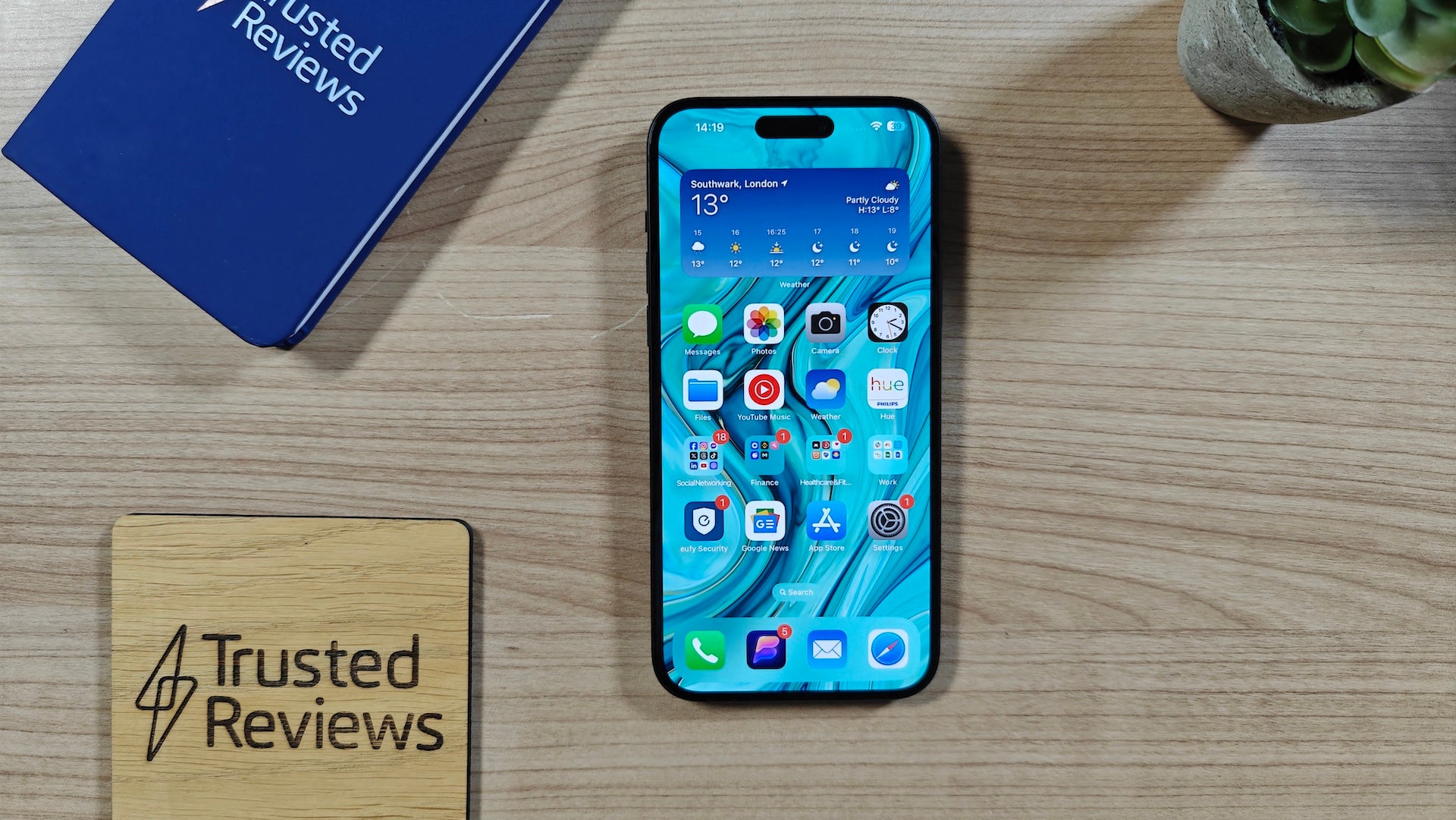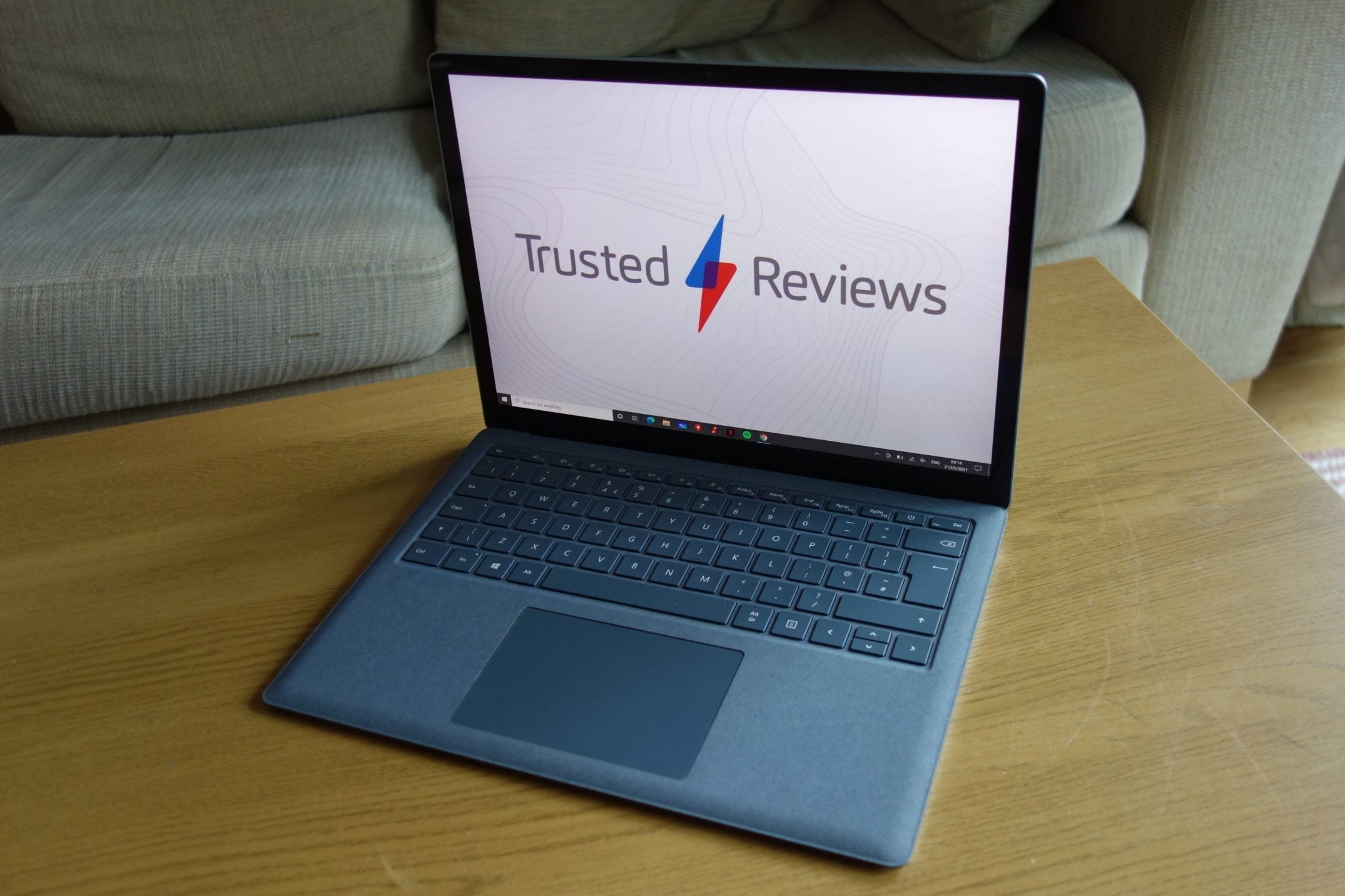New York Times sues Microsoft and OpenAI for ChatGPT training

Prominent US news organisation the New York Times is suing Microsoft and OpenAI over alleged copyright infringement.
The NYT claims that the two companies, which partnered on the development of the ChatGPT large language model, are responsible for the “unlawful use of The Times’s work to create artificial intelligence products that compete with it”, resulting in billions of dollars worth of damages.
This comes down to the way that such LLMs (ChatGPT being the most prominent among them) are trained using masses of online data, with a “particular emphasis” on the New York Times “that recognizes the value of those works”.
Crucially, no permission was sought or compensation proffered for such data usage, leading to the accusation that OpenAI was seeking to “free-ride on The Times’s massive investment in its journalism”. It’s claimed that as a result of this unauthorised training, ChatGPT is now a major news source competitor.
The lawsuit also claims that ChatGPT will sometimes generate excerpts from New York Times articles in response to questions. Given that these articles are ordinarily locked behind a paywall, this means that the New York Times is losing money on both subscription fees and advertising views.
The NYT lawsuit also points the finger at Microsoft’s Bing web browser, which contains some ChatGPT implementation. Bing will apparently produce NYT-sourced results without linking to the original article.
There’s considerable concern over the tendency for such LLMs to utilise reputable sources, but to misrepresent or distort the original material and thus supply misinformation.
The New York Times claims that it had previously approached both tech companies to seek an amicable solution to these concerns, but that negotiations had broken down.








